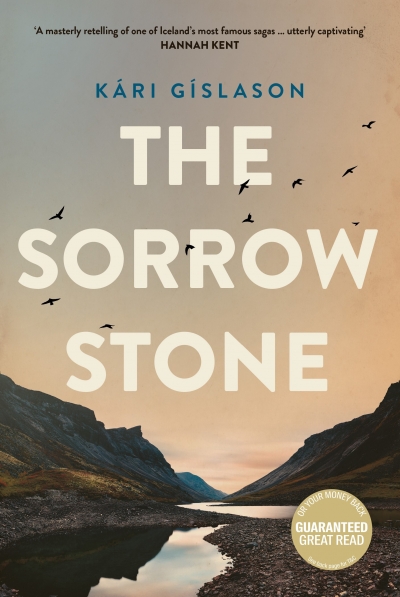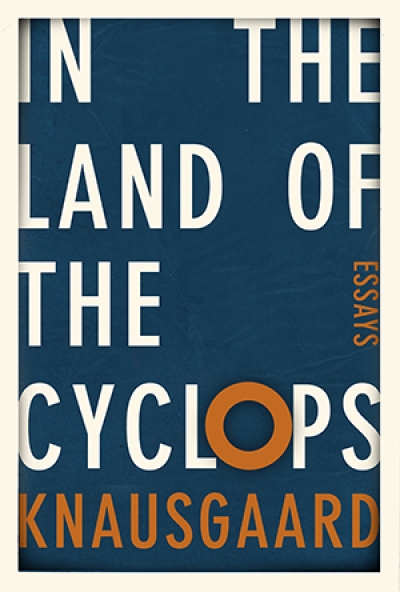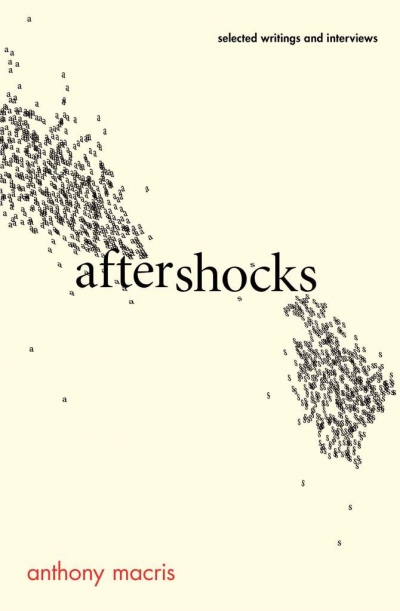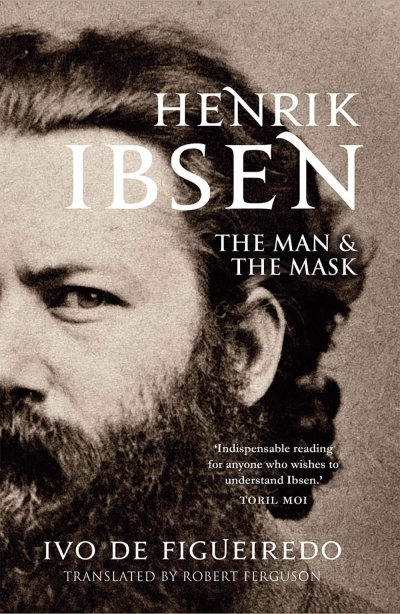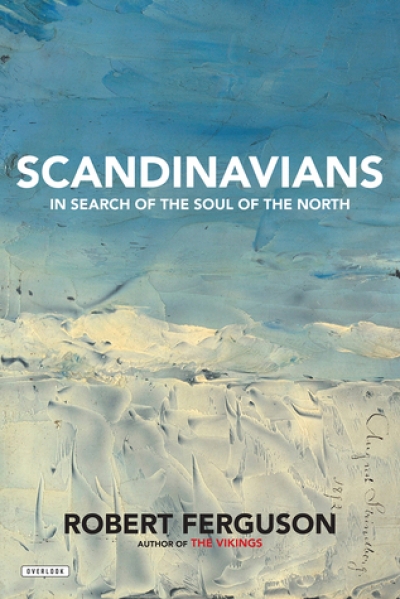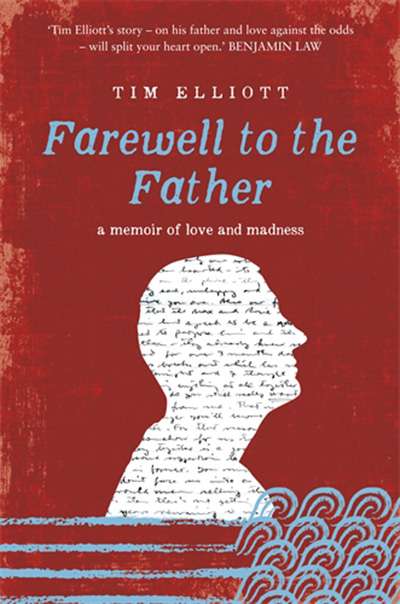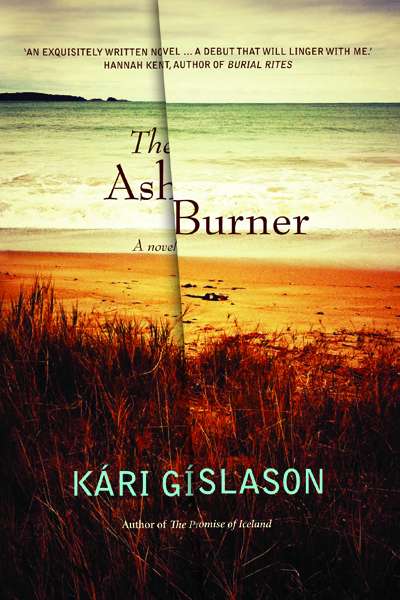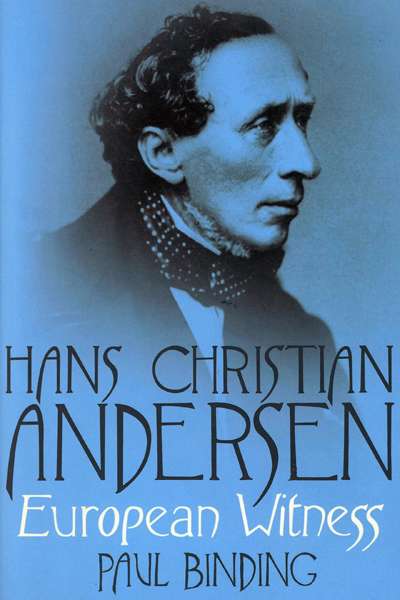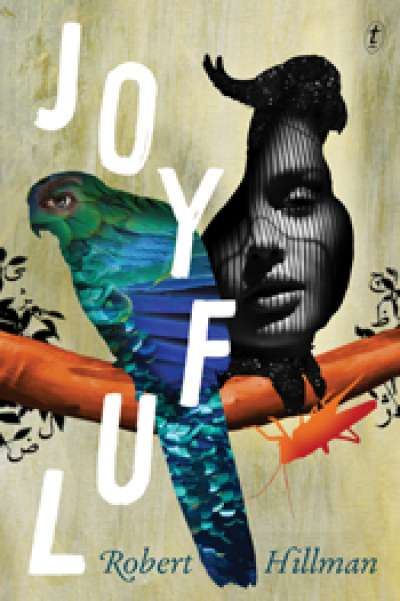Kari Gislason
Aftershocks: Selected writings and interviews by Anthony Macris
by Kári Gíslason •
Henrik Ibsen: The man and the mask by Ivo de Figueiredo, translated by Robert Ferguson
by Kári Gíslason •
Scandinavians: In search of the soul of the North by Robert Ferguson
by Kári Gíslason •
In a critical moment of reflection and pause, Romulus, My Father offers the reader a key to its interpretation. The author – philosopher Raimond Gaita – tells us that ‘Plato said that those who love and seek wisdom are clinging in recollection to things they once saw’. This reference to the Greek philosopher’s work < ...
Hans Christian Andersen: European witness by Paul Binding
by Kári Gíslason •

